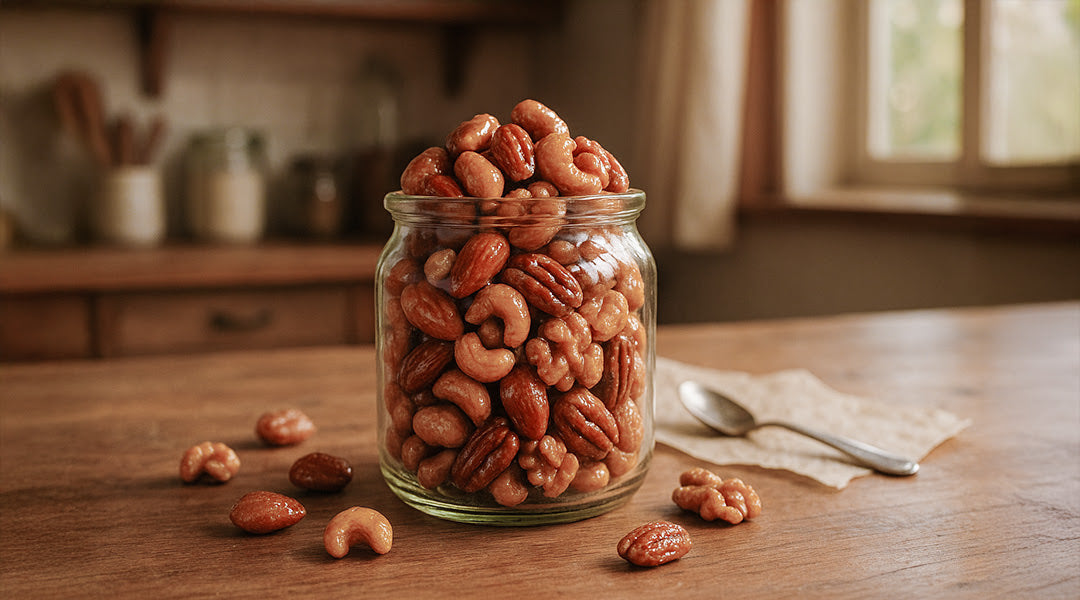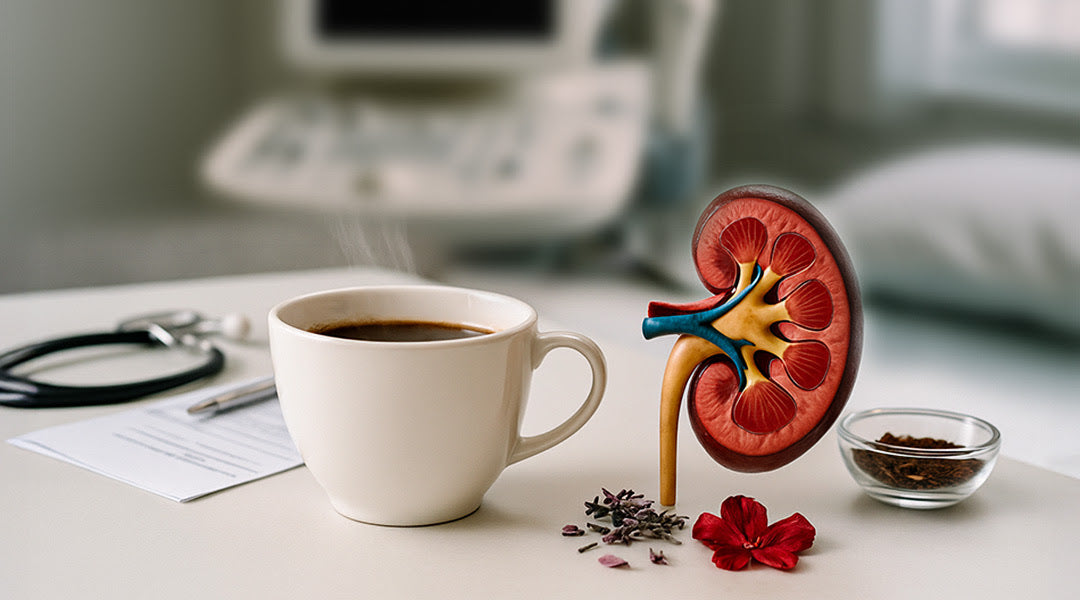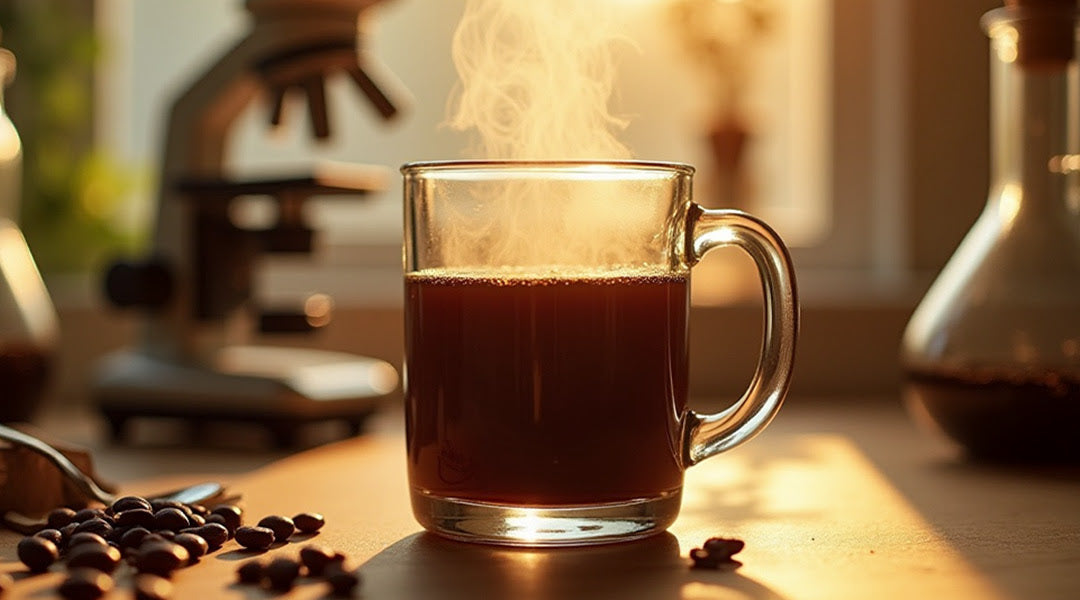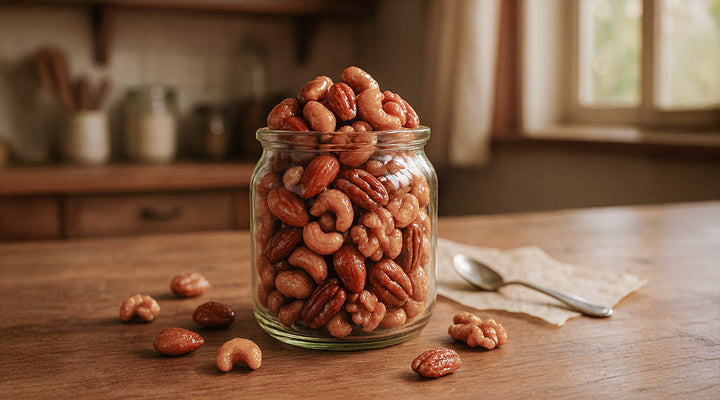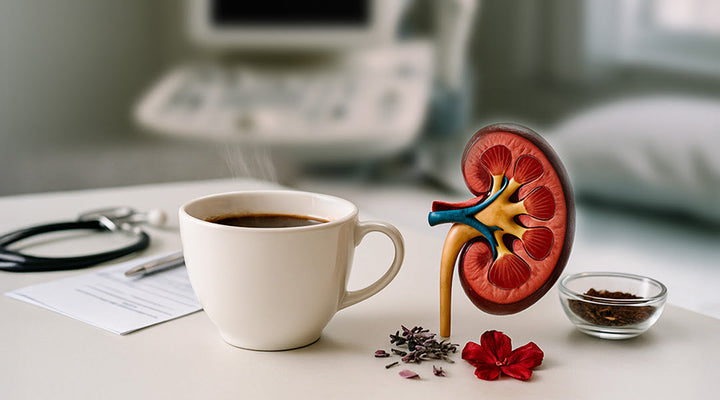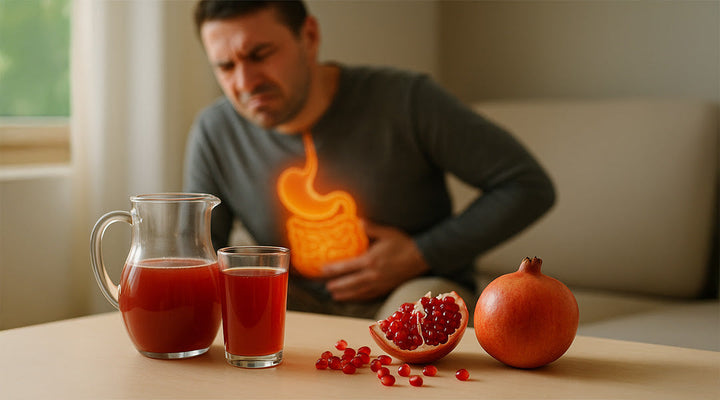
How Long Does Red Bull Last? Duration & Effects
Quick Answer
Red Bull usually kicks in fast. Most people feel the strongest boost about 15–45 minutes after drinking it. That lift starts to fade in around an hour, but the caffeine stays in your body much longer. Your system needs 5–6 hours to clear out half the caffeine, and up to 12 hours to get rid of it completely. How long it lasts for you depends on your age, metabolism, daily habits, and whether you had food with it.
Key Takeaways
- Red Bull's energy boost peaks around 30 minutes but caffeine stays in your system for 5+ hours.
- Your heart rate and blood pressure begin rising within 10 minutes of consumption.
- Regular drinkers develop tolerance within 7-12 days. So, it requires more for the same effect.
- Withdrawal symptoms can appear 12-24 hours after your last energy drink.
- One can contains 27g of sugar and this exceeds the daily recommendations for women.
- Individual factors like age, medications, and metabolism affect how long effects last.
Last month, I grabbed a Red Bull before an important morning meeting. The familiar silver and blue can promise the focus I desperately needed after a night of minimal sleep.
Twenty minutes later, I felt alert and ready. But by noon, the crash hit harder than expected and so leaving me more exhausted than before.
This experience made me wonder: what exactly happens in our bodies when we drink Red Bull, and how long do those effects actually last?
Founded in 1987 by Austrian entrepreneur Dietrich Mateschitz, Red Bull has grown into a global powerhouse with over 14,000 locations worldwide. But beyond the marketing claiming it "gives you wings," I wanted to understand the science behind this popular energy drink.
Red Bull's Journey Through Your Body: A Timeline

|
Stage / Timeframe |
Key Effects |
Caffeine Level / Content Info |
|
0–10 minutes |
Absorption begins; heart rate & blood pressure rise; pupils may dilate |
80mg per 8.4oz can; caffeine entering bloodstream |
|
15–45 minutes |
Peak mental performance; improved reaction time, focus, memory |
Caffeine levels at peak |
|
30–50 minutes |
Sugar rush from 27g sugar; increased blood sugar |
27g sugar per can |
|
1 hour |
Decline begins; sugar crash; caffeine still active |
Caffeine effects remain |
|
5–6 hours |
Half-life of caffeine reached; 50% remains in system |
~40mg remaining from 8.4oz can |
|
Up to 12 hours |
Complete elimination of caffeine from body |
0mg caffeine remaining |
|
Caffeine comparison |
Less caffeine than coffee; additional taurine & B-vitamins |
Red Bull: 80mg / 8.4oz vs Coffee: 95–200mg / 8oz |
|
Nutrients |
Includes niacin (100% DV), vitamin B6 (250% DV) |
Also contains taurine |
|
Tolerance |
Develops in 7–12 days with regular use |
More needed for same effect |
|
Withdrawal |
12–24 hrs. after last dose: headaches, irritability, fatigue |
May last up to 1 week |
The First 10 Minutes: Absorption Begins
The moment Red Bull touches your lips, the process begins. Within 10 minutes, caffeine enters your bloodstream through the lining of your mouth, throat, and stomach. Your body responds quickly. The heart rate increases, blood pressure rises, and pupils may slightly dilate as your body prepares for increased alertness.
According to research published in the American Journal of Cardiology, Red Bull consumption can raise systolic blood pressure by approximately 7 mmHg and diastolic by 4 mmHg within this initial period. This cardiovascular response happens even before you feel the mental effects.
Minutes 15-45: Peak Performance
Between 15-45 minutes after consumption, caffeine levels peak in your bloodstream. This is when you'll experience maximum alertness and concentration. During this window, studies show improvements in reaction time, concentration, and memory recall.
Research published in 2001 found that Red Bull significantly improved aerobic endurance, anaerobic performance, mental alertness, and concentration compared to control drinks. This explains the popularity of Red Bull among students during exams and athletes before competitions.
30-50 Minutes: Sugar Rush
At this point, your liver responds to the sugar content by absorbing more into the bloodstream. A single 8.4oz can contains approximately 27g of sugar. It is comparable to drinking an equivalent amount of apple juice, according to Red Bull's own nutritional information.
This sugar spike contributes to the energetic feeling but sets you up for the inevitable crash later. For perspective, the American Heart Association recommends women consume no more than 25g of added sugar daily.
1 Hour: The Beginning of the Decline
Around the 1-hour mark, most people start experiencing a decline in effects. The initial sugar rush begins to fade, and it leaves many people feeling tired as blood sugar levels drop. The caffeine effects remain but may seem less pronounced compared to the peak.
Your body now works to metabolize both the caffeine and sugar. If you've consumed Red Bull on an empty stomach, this crash might feel more severe than if you had food to slow absorption.
5-6 Hours: Half-Life Milestone
Caffeine has a half-life of approximately 5-6 hours in healthy adults. This means that 5-6 hours after drinking Red Bull, roughly half the caffeine remains in your system. Interestingly, women taking birth control pills may need twice as long to reach this half-way point due to hormonal effects on metabolism.
Even as caffeine levels decline, some people may still feel jittery or have difficulty sleeping if they consumed Red Bull in the afternoon. This extended effect explains why timing your consumption matters.
What's Actually in Red Bull?

Caffeine Content vs. Other Beverages
An 8.4oz can of Red Bull contains 80mg of caffeine which is less than a typical cup of coffee (95-200mg). However, the overall stimulant effect comes from the combination of caffeine with other ingredients.
When compared to other energy drinks like Monster (160mg per 16oz), Red Bull contains relatively moderate caffeine levels. But according to Red Bull's nutrition facts, each can also provide 100% of the daily value for niacin and 250% for vitamin B6 - nutrients involved in energy metabolism.
Taurine and B Vitamins
Beyond caffeine and sugar, Red Bull contains taurine, an amino acid naturally found in meat and fish. The can also include B-vitamins like niacin, pantothenic acid, B6, and B12.
Research indicates this unique combination produces effects that exceed what caffeine alone would provide. However, some studies raise concerns about taurine's interaction with caffeine.
A 2020 study published in the PMC journal found that "Red Bull consumption resulted in a significant increase in the heart glucose and glycogen concentrations" and recommended that "athletes and active persons should avoid the long-term consumption of the Red Bull ED and, particularly, its combination with alcohol".
How Red Bull Affects Your Body

Cardiovascular Effects
Energy drinks like Red Bull create significant cardiovascular responses. Research shows they can cause:
- Increased heart rate (+7 beats per minute on average)
- Elevated blood pressure
- Possible atrial fibrillation in sensitive individuals
- Decreased cerebral blood flow
Adding mental stress after consuming Red Bull can compound these effects. One study found that combining Red Bull with mental stress tasks increased systolic blood pressure by about 10 mmHg and heart rate by 20 beats per minute and this raised concerns for individuals with heart conditions.
Cognitive and Physical Performance
Despite health concerns, studies confirm Red Bull can temporarily enhance certain aspects of performance:
- Improved reaction time
- Better concentration and focus
- Enhanced memory recall
- Increased physical endurance
These benefits explain why approximately 30-50% of adolescents and young adults report consuming energy drinks. College students often use them during exam periods, and athletes before training or competition.
Long-Term Health Impacts
Consuming Red Bull regularly may lead to concerning health outcomes beyond the short-term boost:
Recent research published in Nutrients found that Red Bull consumption affected oxidative stress markers and caused inflammatory responses in animal studies. Specifically, consumption "resulted in a significant increase in MDA, TNF-α, IL-6, and IL-10 and therefore it decreased GPx, CAT, and SOD levels significantly".
A study in the Medical Journal of Babylon reported that energy drinks like Red Bull showed dose-dependent adverse effects on multiple organs. It states, "it has become apparent that the consumption of these energy drinks will seriously harm the body". The research observed changes in brain, liver, kidney, and heart tissue in animal models.
Who Should Avoid or Limit Red Bull?

Health-Based Recommendations
Based on current research, several groups should exercise caution with Red Bull:
People with cardiovascular conditions: The blood pressure and heart rate increases may exacerbate existing heart problems.
Children and adolescents: Most manufacturers including Red Bull discourage consumption by children.
Pregnant or nursing women: The effects of high caffeine and taurine intake on fetal development remain concerning.
People with caffeine sensitivity: Some individuals metabolize caffeine slowly due to genetic factors, experiencing stronger effects and side effects.
Those taking certain medications: Caffeine can interact with some prescription drugs, including certain antibiotics and antidepressants.
Tolerance and Dependence
Regular consumption leads to tolerance, and this requires more for the same effect. Research indicates it takes about 7-12 days to develop tolerance to your usual caffeine dose.
More importantly, caffeine dependency can develop quickly. Withdrawal symptoms typically appear 12-24 hours after your last dose and may include:
- Headaches
- Irritability
- Fatigue
- Difficulty concentrating
- Constipation
These symptoms usually peak around 24-48 hours and may last up to a week.
Final Thoughts
Red Bull and similar energy drinks can provide a temporary boost when needed. However, knowing their effects and duration helps make informed decisions about consumption.
For occasional use—before a workout, during a long drive, or when you need extra focus—Red Bull offers legitimate benefits. But relying on it regularly may lead to tolerance, dependency, and potential health concerns.
Better alternatives for sustained energy include:
- Staying properly hydrated
- Getting adequate sleep
- Eating balanced meals with complex carbohydrates
- Regular physical activity
- Smaller, more frequent caffeine doses from tea or coffee
The next time you reach for that familiar silver and blue can, remember: the wings it gives you may help you soar temporarily, but they don't last forever. And it also comes with important health issues.
Frequently Asked Questions (FAQ)
How long does the energy from Red Bull last?
The energy boost typically peaks 15-45 minutes after consumption and begins declining after about an hour, but caffeine effects can last 5+ hours.
Is Red Bull stronger than coffee?
No, an 8.4oz can of Red Bull (80mg caffeine) contains less caffeine than a typical 8oz cup of coffee (95-200mg) but includes additional stimulating ingredients.
Can I drink Red Bull every day?
Regular daily consumption isn't recommended due to potential cardiovascular effects, sugar content, and the risk of developing caffeine dependence.
How much Red Bull is too much?
Health authorities suggest limiting caffeine to 400mg daily for adults. This equals about 5 cans of Red Bull, though many experts recommend much lower consumption.
Why do I crash after drinking Red Bull?
The crash comes from declining blood sugar levels after the initial sugar spike, combined with the natural drop in adrenaline that caffeine triggers.
About the Author
This article was written by the Lifeboost writing team based on current medical research from peer-reviewed journals and trusted health sources. We carefully analyzed studies on energy drink consumption and their physiological effects to provide accurate, science-backed information about Red Bull's impact on the human body.
Disclaimer: The information in this article is not intended to replace professional medical advice, diagnosis, or treatment. Always seek the advice of your physician or other qualified health provider with any questions you may have regarding energy drink consumption or caffeine sensitivity.
Check out Lifeboost Coffee Grata Medium Roast.



